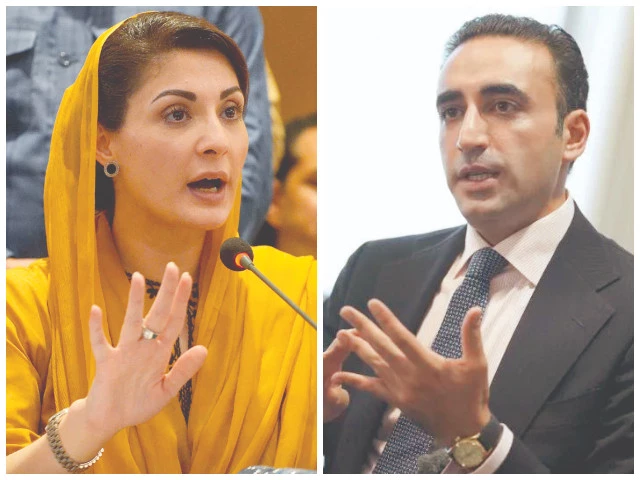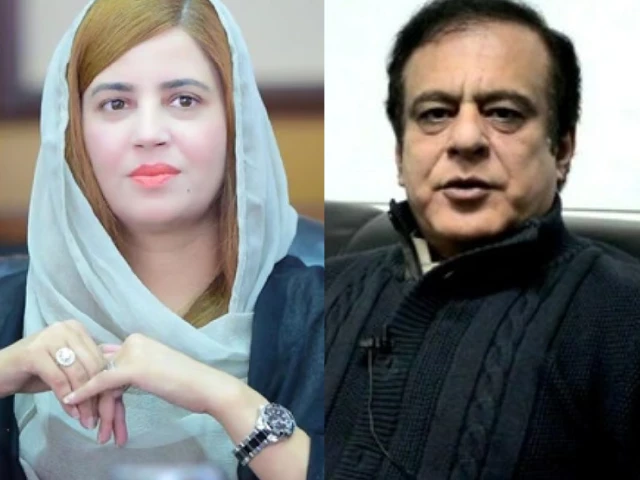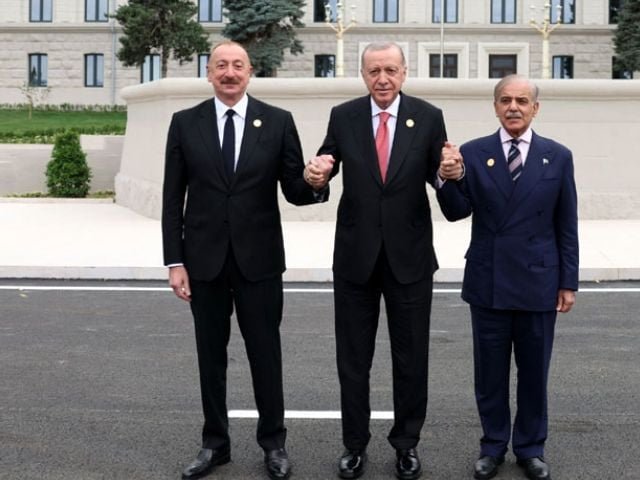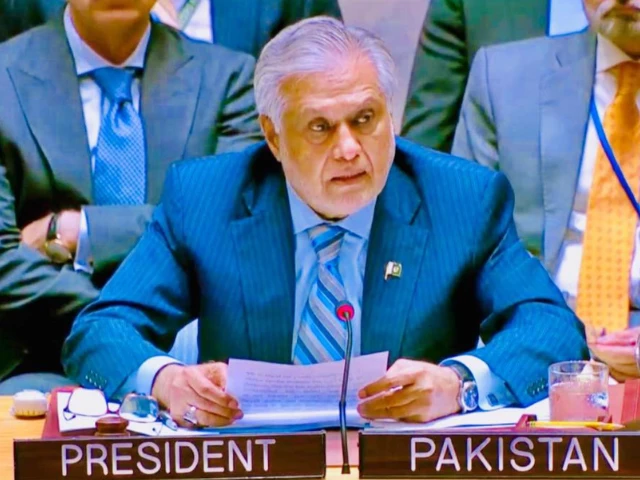The Political Landscape in Pakistan: A Closer Look at Recent Developments
In recent days, the political climate in Pakistan has become quite heated, leading to significant walkouts by the Pakistan Peoples Party (PPP) in both the Senate and National Assembly. The kick-off for this dramatic turn of events was a series of remarks from the Pakistan Muslim League-Nawaz (PML-N) leadership, which the PPP deemed disrespectful toward its key figures. As tensions rise, the focus shifts not just to political posturing but also to some critical issues affecting the population, mainly the devastating floods in Sindh and Punjab.
During a tense Senate session, PPP Senator Sherry Rehman articulated the party’s frustrations, emphasizing that the ongoing political squabbles are overshadowing the dire situation facing flood victims. “Instead of strengthening the people in this difficult time, we are weakening them through political rhetoric,” she stated. This sentiment resonates with many, especially as millions are affected by nature’s fury. It’s a stark reminder that politics should sometimes take a backseat to humanitarian efforts.
The PPP’s walkout was more than just a show of dissent; it was a strong message to the ruling coalition that mutual respect is pivotal in governance, particularly in challenging times. Rehman articulated a valid point about how divisive narratives can exacerbate existing issues, urging for solidarity instead of conflict. The continued bickering, as pointed out during the National Assembly proceedings, only detracts from addressing real problems, such as flood relief and recovery.
Interestingly, both sides have engaged in what some may call a “war of words.” Senior PPP leader Raja Pervaiz Ashraf called for unity, underlining that criticism should not undermine Pakistan’s unity or efforts to assist those in need. Disagreements on the distribution of aid funds further complicate matters; the Sindh government supports using the Benazir Income Support Programme to direct relief, while the Punjab government prefers an independent approach. This disagreement not only reflects different governance philosophies but also showcases how internal divisions can hinder effective disaster response.
Amid these tensions, President Asif Ali Zardari has stepped in, summoning the Interior Minister for urgent discussions. This action seems to signal an attempt to cool down rising tempers and foster a cooperative atmosphere for the ongoing relief efforts. It’s crucial that leaders prioritize not just their political interests but also the welfare of the citizens they represent.
In essence, while it is natural for political parties to disagree, the manner in which they do so matters greatly, especially during times of crisis. Political leaders must find common ground to tackle the pressing issues facing the nation. As the waters rise in flood-affected areas, the call for compassion and cooperative governance has never been more urgent.
Want to stay updated on the latest in politics and humanitarian initiatives? Connect with Pro21st for insightful discussions and community engagement around these vital issues. Your voice matters!
At Pro21st, we believe in sharing updates that matter.
Stay connected for more real conversations, fresh insights, and 21st-century perspectives.





